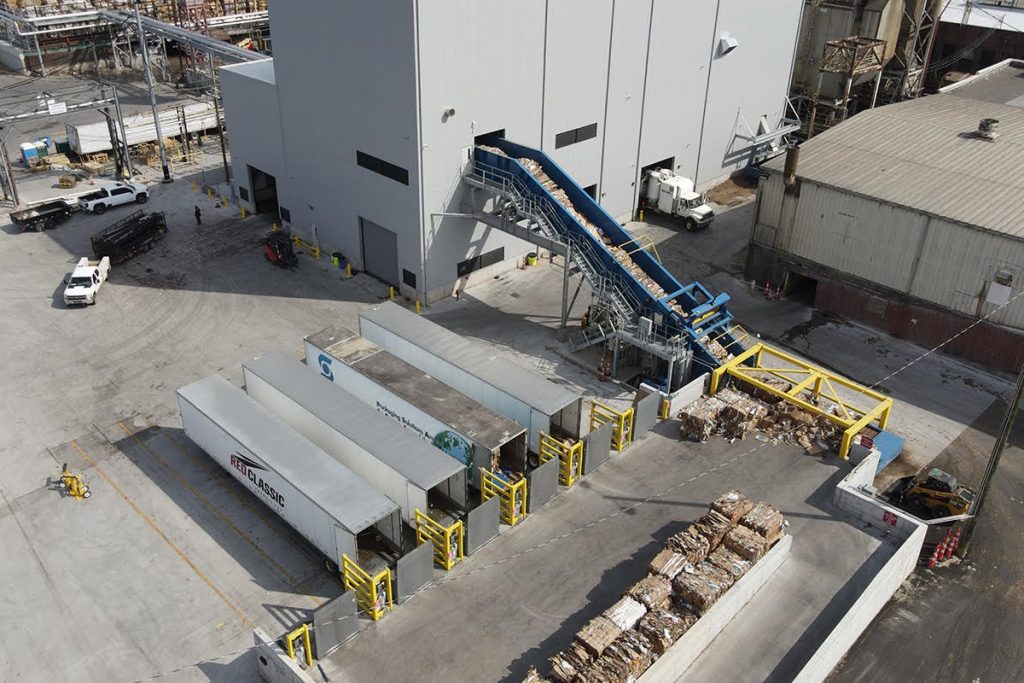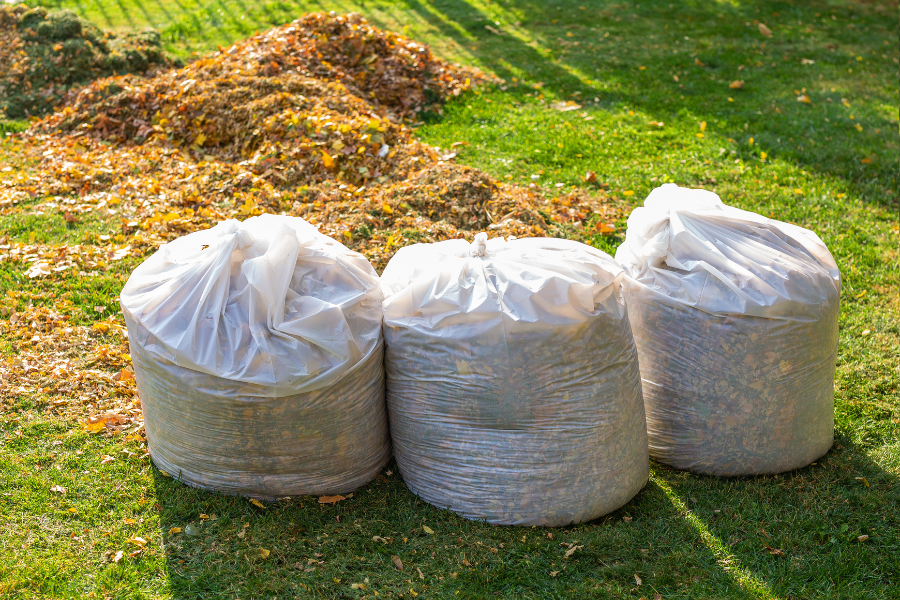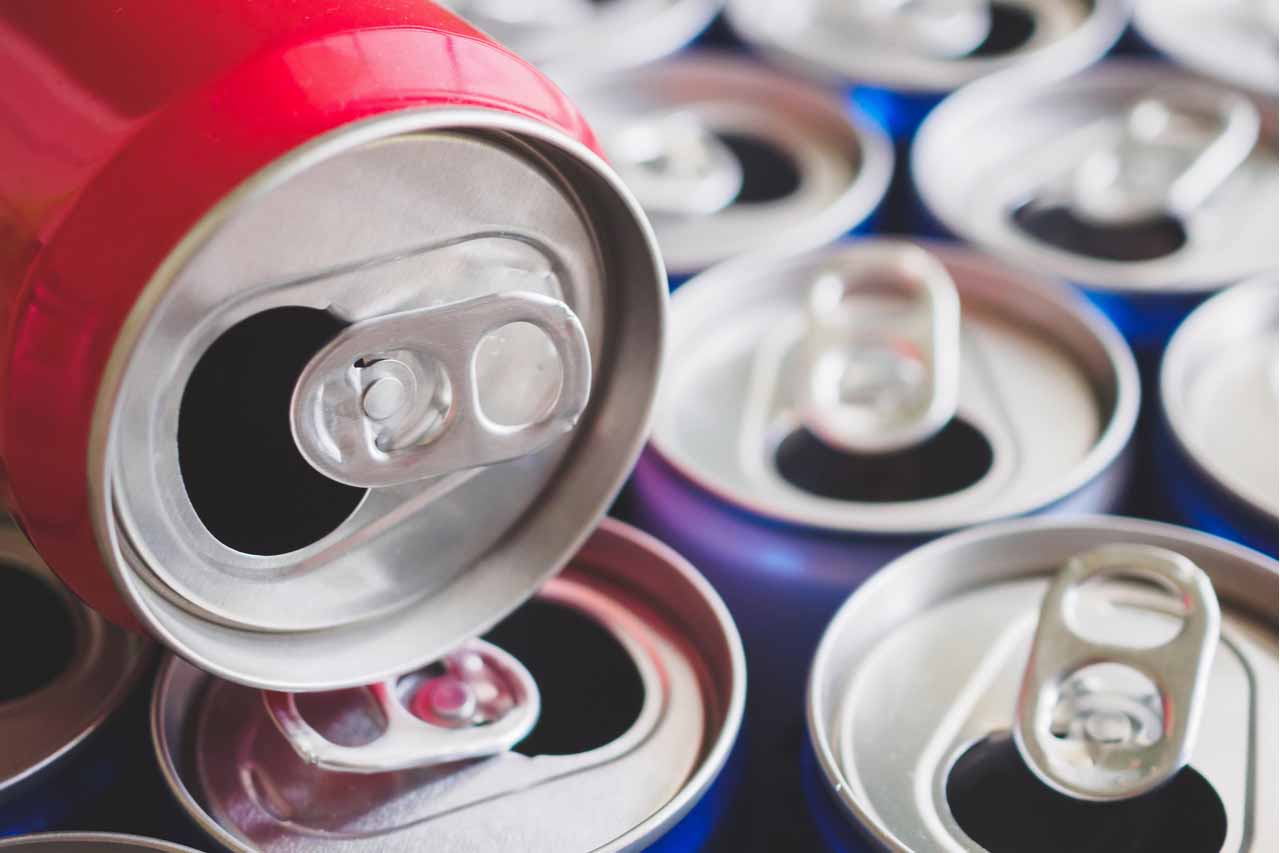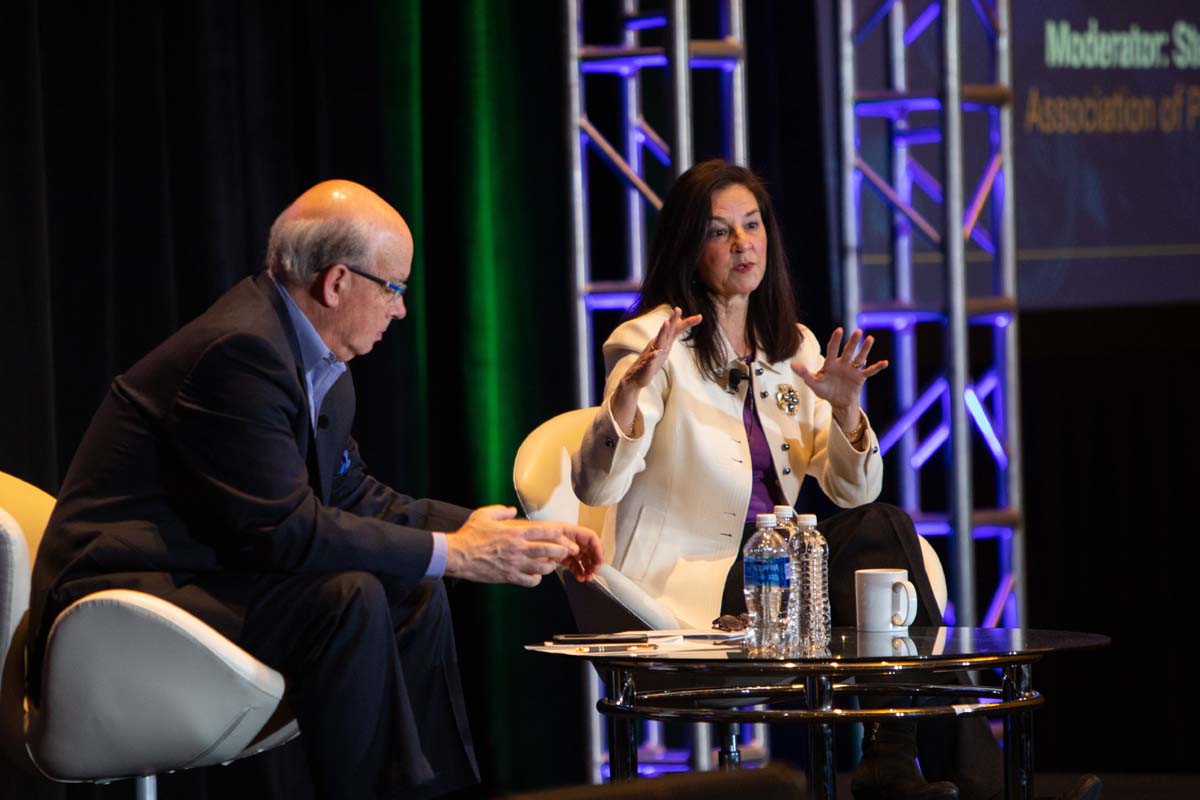
New Hanover County, N.C. will send paper cups to Sonoco’s recently upgraded paper mill in Hartsville, S.C. | Courtesy of Sonoco
A packaging industry group, local governments and a paper mill operator are working together to bring curbside paper cup recycling to programs throughout the Carolinas. Continue Reading








